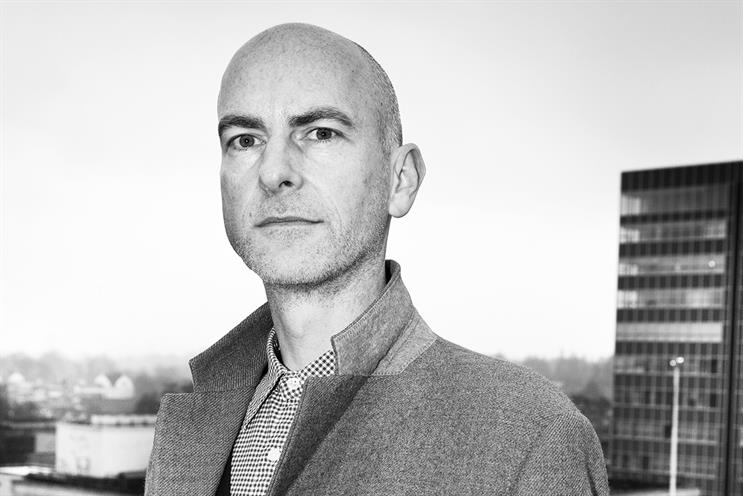Research suggests that we see about 2,500 ads a day. In fact, research in the US suggests that they see 4,000 or even 10,000 a day. Thank goodness for GDPR, eh?
It goes without saying that, with this volume of advertising out there, we need to work even harder to stand out. Our job is to distract and grab attention. Only 4% of this advertising is positively remembered, meaning that 2,400 of those 2,500 ads we see each day are a total failure.
That’s why creativity matters more than ever. You can choose to do something normal and fade into the background, doomed to failure, or you can take a risk and be outstanding by buying great work from a great agency.
Total bollocks.
We’ve all been in those meetings, where one of our colleagues has made this argument, perhaps as the preamble to pulling out a brave and controversial idea from whatever you choose to carry media-neutral, digitally native ideas in nowadays but which used to be an art bag. Maybe, to our shame, some of us have even joined in, as we see the clients nodding and leaning forward. It’s a crowd-pleaser, for sure.
This narrative of requiring creative genius to stand out from a sea of timid mediocrity is the oldest story in the book. It flatters both agency and client (because only a truly excellent client would be brave enough to buy the work that stands out). We all want to believe that we’re Harry Potter, sleeping under the stairs in Privet Drive, just waiting for someone to recognise that we are actually a generation-defining gifted wizard, destined to save the world.
At best, this is a useful and persuasive sales technique (and it does often work), but surely we must know (on agency side, at least) that it can’t be anything more than that?
Raise your hand if you have heard of Byron Sharp. Daniel Kahneman? System 1 thinking? This isn’t new any more. It’s very well-established. Many companies have built their philosophy of marketing and the way they spend millions of dollars around these ideas. It’s not crackpot marginal thinking; it’s the mainstream.
The advertising industry must be peopled by Fitzgerald’s extraordinary intellects, able to hold two entirely opposing ideas in their heads and still retain the ability to function. We know all about low-involvement processing, until it comes to selling the work – then we trot out a different argument entirely.
Just think about what we might be doing to our industry when we perpetuate the 4% argument. I don’t expect the Institution of Structural Engineers to be taking to the podium proudly explaining that for every 2,500 bridges they build they only really expect 100 to stay standing. Or the hairdressers' trade body announcing to the nation that for every 2,500 haircuts they do, only 100 of them are really great (but boy, oh boy, those haircuts are total showstoppers). Check out Google’s sales pitch to those businesses that work with the company direct – it has more of the flavour of "guaranteed returns" than "only 4% of the ads you buy with us will work".
If it were true, the advertising industry would have gone bust some time ago. Every business will be happy to try something out for a bit to see if it works, but probably not for 150 years. That kind of longevity suggests that most advertising works for most businesses most of the time.
I suggest we change our sales pitch a little to get closer to the truth. That advertising that looks like everyone else’s? It will probably work. Not because it stands out, but precisely because it doesn’t. If that’s what you want to do, then we should all applaud it because it keeps businesses running and pays our bills.
If you want to 2X or 10X your performance, then invest in discontinuous brave creativity. Because great advertising is unusually successful, not because all other advertising is useless.
Craig Mawdsley is joint chief strategy officer at Abbott Mead Vickers BBDO


